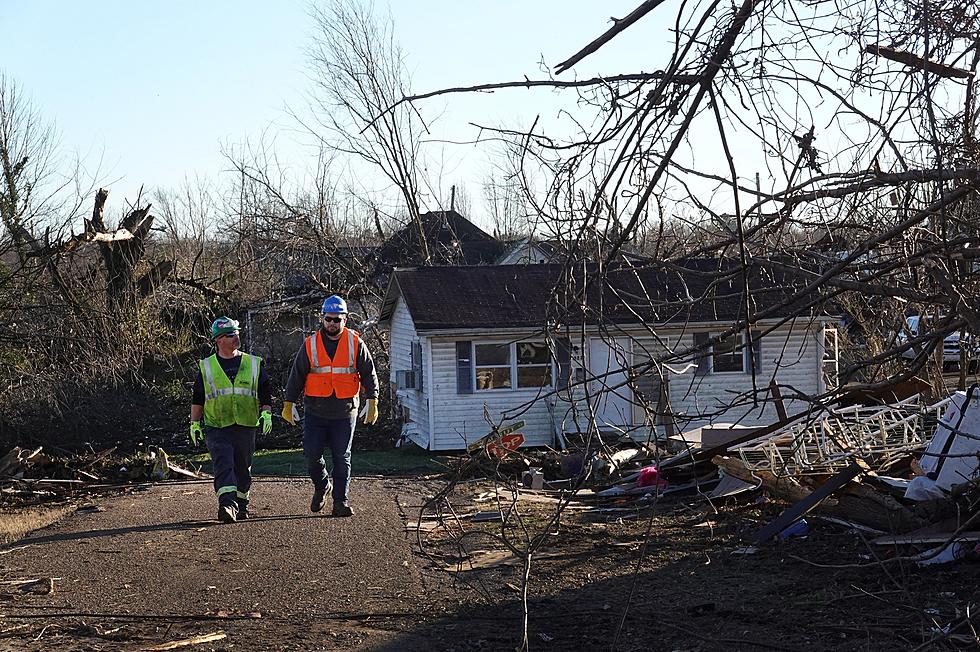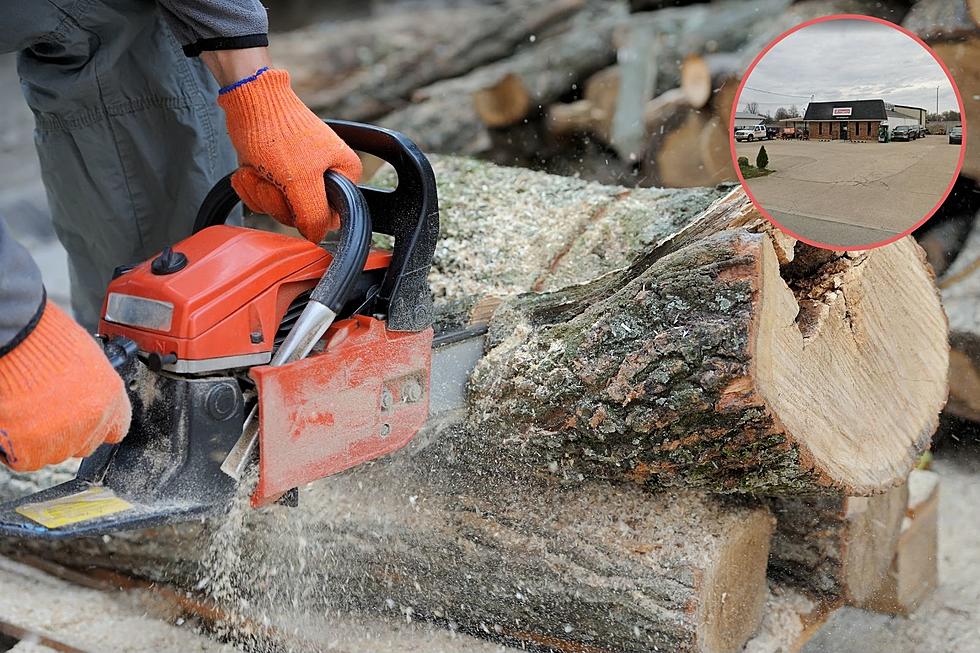
Why Are Some People Always Cold and Some Aren’t?
It's hard for me to even try and imagine always being cold, Ever since I was a child, I have been very warm all the time. But, I have family and friends that basically live in blankets all year round.

Both of my father-in-laws have been known to sit around the house in jackets, scarves and mittens. Now, one might attribute that to their wives going through menopause and cranking the air up to alleviate the hot flashes. But, I'm in and out of menopause right now, and my husband loves the required cool air.
We are both the same temperature type. Meaning we both require cooler temps in the house accompanied by a ceiling fan and a floor fan blowing in us while we sleep. We keep our house at a call 64 degrees all year long.
I have a co-worker who is always cold, I mean shivering all the time. My radio partner's wife wears flannels and socks to bed. Why is that? Why are they really cold all the time and I am not?
If we are all pretty much the same temperature on the inside (98 degrees), why are we so different on the outside?
According to Upworthy, Dr.Chris Minson explains it like this...
In the simplest of terms, feeling either cold or warm means that the temperature “set point" of the body is being challenged by thermal inputs throughout the body, including in the brain, the blood, the spinal cord, our organs, our muscles, and our skin. Part of our brain collects all of those thermal inputs and essentially compares them to what body temperature it wants to hold. So if your skin temperature is lowered, even though the rest of your body is still at a comfortable set-point, you will feel cold — in some cases, cold enough to make behavioral changes like putting on a sweater.
I know that is very technical medical talk, so how about this explanation?
It's a real thing, just one more way some of us are alike and some of us are different. We even had fun with being cold, on our Facebook page.
KEEP READING: Get answers to 51 of the most frequently asked weather questions...
Goosebumps and other bodily reactions, explained
TIPS: Here's how you can prepare for power outages
Here are some tips for self-care during the pandemic:
Answers to 25 common COVID-19 vaccine questions
More From WOMI-AM








![Silly Goose Wants To Be Center of Attention at Indiana Shelter [VIDEO]](http://townsquare.media/site/71/files/2021/12/attachment-Bourbon-Barrell-Christmas-Tree-2.jpg?w=980&q=75)
